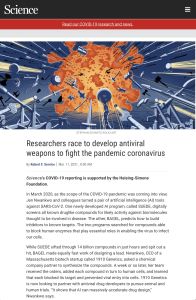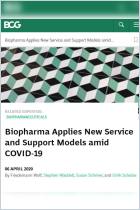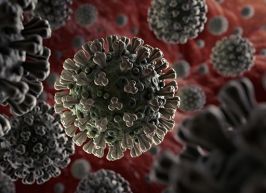Join getAbstract to access the summary!

Join getAbstract to access the summary!
Robert F. Service
Researchers Race to Develop Antiviral Weapons to Fight the Pandemic Coronavirus
Science, 2021
What's inside?
In addition to vaccines, scientists are still developing drugs to treat COVID-19.
Recommendation
Scientists developed COVID-19 vaccines in record time. They will be invaluable in slowing and stopping the pandemic, but there will still be people who get sick – and they will still need drugs to treat them. Researchers are developing new antivirals to combat COVID-19 and repurposing older antivirals previously developed to fight other viruses. This virus has a number of targets in the body that researchers are trying to block. This Science magazine article brings together the different strategies scientists are pursuing.
Summary
About the Author
Robert F. Service is a news reporter for Science in Portland, Oregon, covering chemistry, materials science and energy stories.



















Comment on this summary